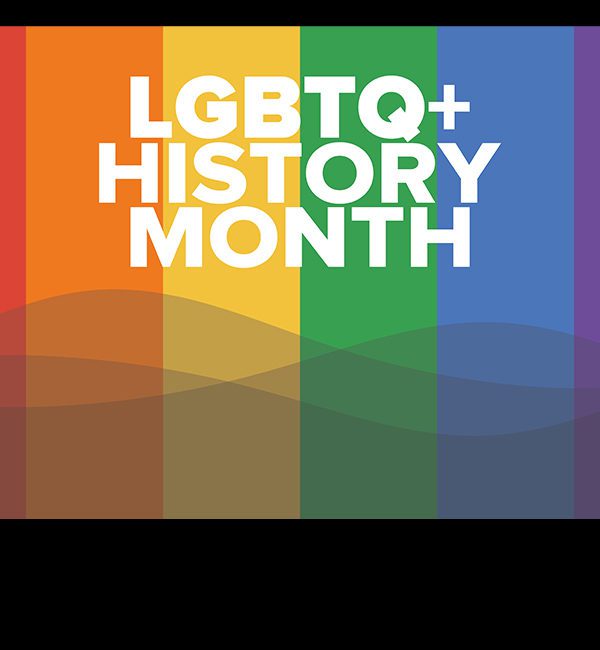By: Marlie Bruns
Erikson Institute’s Gender and Sexuality Alliance (GSA) was recently formed to serve as a supportive environment for LGBTQ+ members of the Erikson student community to network, share our experiences as members of a marginalized group, and advocate for change. We are excited to celebrate LGBTQ+ History Month in October and National Coming Out Day on October 11. Taking time to learn about LGBTQ+ history can show us how far we’ve come in the fight for equal rights for people in the LGBTQ+ community, as well as how far we still need to go.
The year was 1969, and most of us were not even born yet. The police raided the Stonewall Inn in New York City. Thirteen people were arrested, including many violating the state’s “gender-appropriate clothing” statute.
In response to the arrests, the LGBTQ+ community engaged in a series of protests that lasted over six days. Led primarily by Black transwomen, including activist and drag queen Marsha P. Johnson, they took a stand against police brutality and inequity for living their truth. While this was not the first uprising against police brutality in LGBTQ+ community spaces, the Stonewall uprisings greatly impacted LGBTQ+ discourse in America.
On the first anniversary of the Stonewall Inn uprisings, thousands of people marched from the Stonewall Inn to Central Park. What was then called “Christopher Street Liberation Day” is recognized as United States’ first gay pride parade. The official chant of Christopher Street Liberation Day was: “Say it loud, gay is proud.” Although the LGBTQ+ liberation movement has celebrated many successes since 1970, the fight for equal rights is ongoing.
On March 28th, 2022, Governor Ron DeSantis of Florida signed a bill known as the “Don’t Say Gay” bill, restricting LGBTQ+ topics from being taught in elementary schools. In 2022, the LGBTQ+ community is still fighting for the right to “say it loud, gay is proud.”
The courageous individuals in the uprisings at the Stonewall Inn paved the way for people in the LGBTQ+ community to know who they are and how they identify and choose to show their truth is enough and worth the fight.
National Coming Out Day (NCOD) was conceptualized by two LGBTQ+ activists, Rob Eichberg and Jean O’Leary, during the March on Washington for Lesbian and Gay Rights in October of 1987. Eichberg and O’Leary recognized that for members of the LGBTQ+ community “coming out of the closet” could be a powerful tool for individual and political liberation.
Olivia Bobbitt, secretary of Erikson Institute’s GSA, remembers her experience, “Coming out at the age of 21 was a lot more than me finally expressing my sexual orientation. Being queer is also a staple of my identity. Coming out has encouraged me to live life as authentically and unapologetically me,” she says.
As LGBTQ+ visibility increases, so do critiques of the expectation placed on LGBTQ+ people to “come out.” GSA member Savvy Raines says, “I didn’t feel like I needed to ‘come out’ as a lesbian when straight people don’t need to ‘come out’ as straight. I told my closest friends, and just let everyone else put two and two together.”
While NCOD is an excellent opportunity for LGBTQ+ people to come out to their communities, the coming out experience is deeply personal. As GSA member Caleb Shannon puts it, “Everyone’s coming out timeline is different, and don’t let anyone speed up or slow down your timeline! You’ll find yourself when you are ready.”
As Erikson Institute’s GSA, we are holding the history of LGBTQ+ month as the seed that sprouted our community. As students earning master’s degrees in Social Work, Child Development, and Early Childhood Education, we understand that our professional roles will require us to advocate and fight systems of oppression. As members of a group that continues to be oppressed, we aspire to be able to provide deeply empathic approaches.

Join the Erikson family with monthly news + events updates shared by academics, community members, and families.